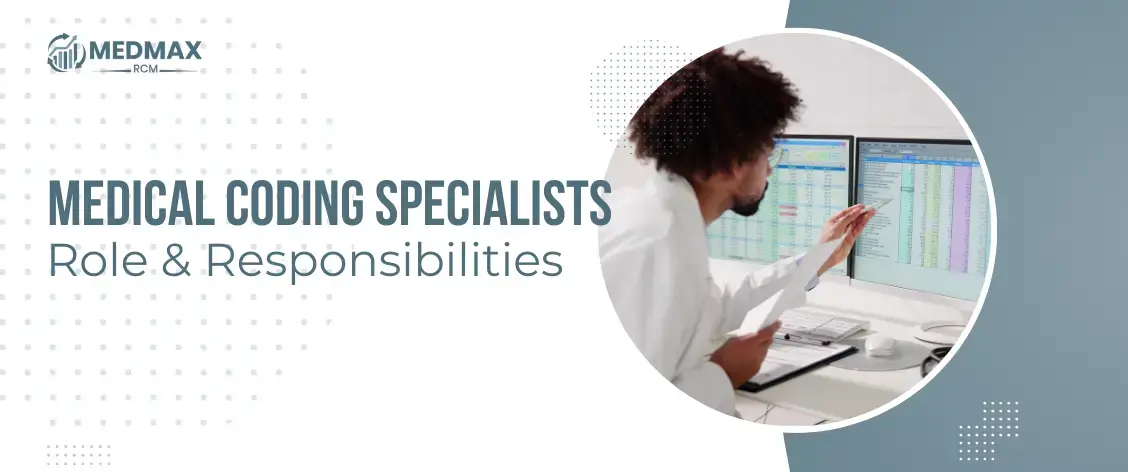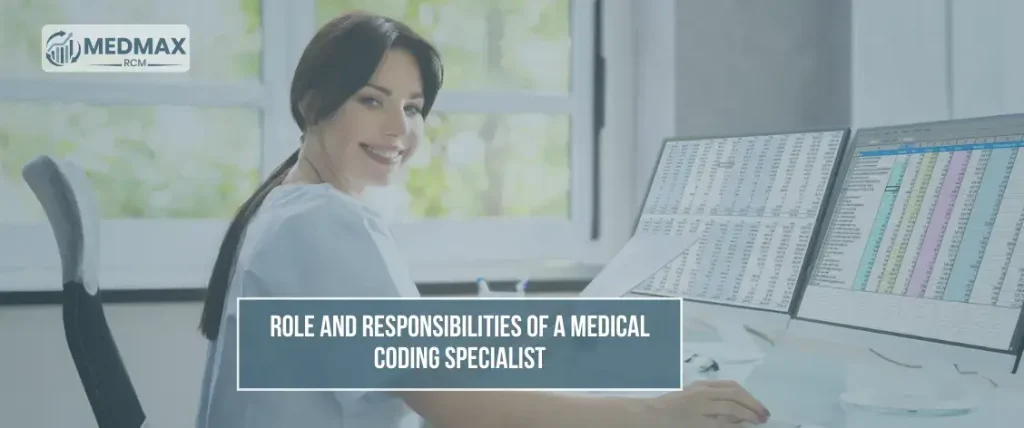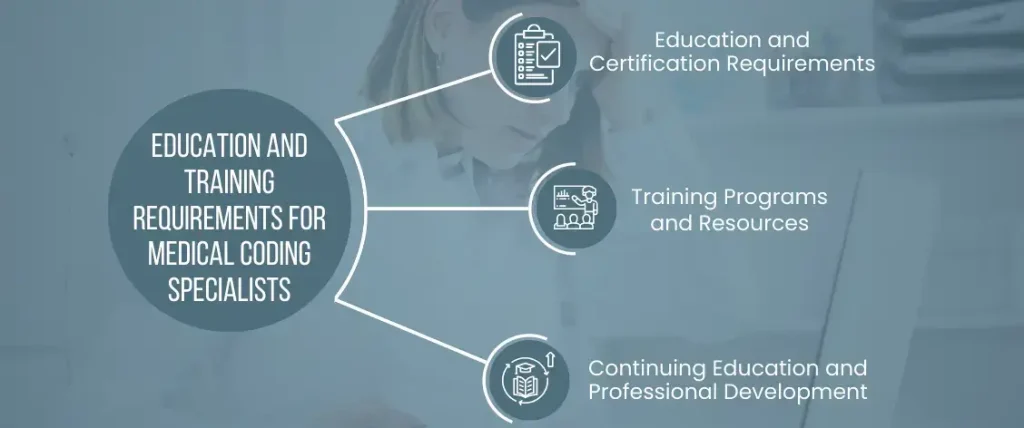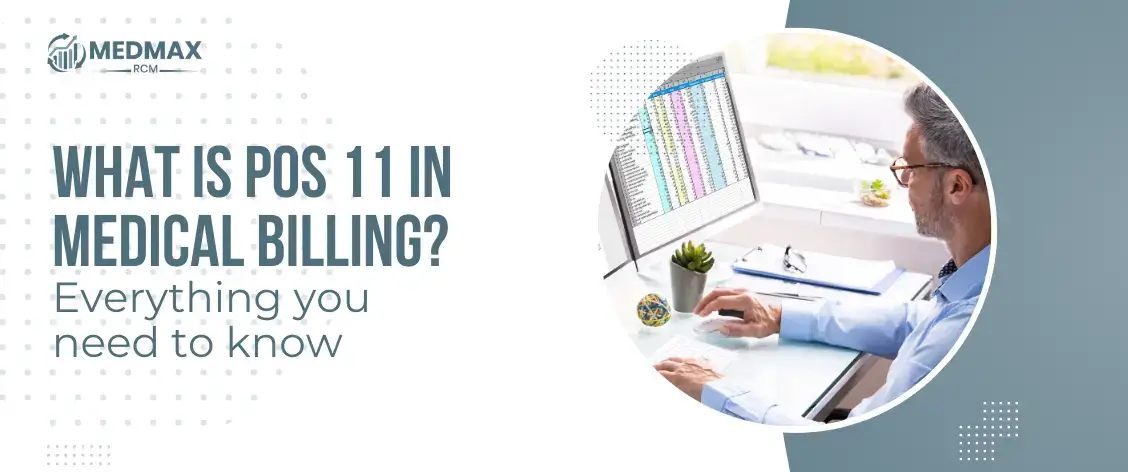
Medical Coding Specialists – Role & Responsibilities
In today’s healthcare industry, medical coding specialists play a critical role in the management and organization of patient data. They are responsible for accurately translating medical procedures and diagnoses into numerical codes that can be used for billing, reimbursement, and research purposes. Medical coding specialists work in a variety of healthcare settings, including hospitals, physician offices, insurance companies, and government agencies.
Table of Contents
ToggleWhat is a Medical Coding Specialist?
Medical coding specialists are healthcare professionals who use various coding systems to assign numerical codes to medical procedures, diagnoses, and treatments. These codes are used for a variety of purposes, including billing and reimbursement, research and analysis, and compliance with regulatory requirements. Medical coding specialists are also responsible for ensuring that patient data is accurate and up-to-date, and for maintaining confidentiality and security of patient information.
Role and Responsibilities of a Medical Coding Specialist

The role and responsibilities of a medical coding specialist can vary depending on the setting in which they work. Some of the key responsibilities of a medical coding specialist include:
- Analyzing medical records and assigning appropriate codes to procedures, diagnoses, and treatments.
- Ensuring that codes accurately reflect the medical services provided and are compliant with regulatory requirements.
- Communicating with healthcare providers to clarify diagnoses or procedures when necessary.
- Entering coded data into electronic health records or billing systems.
- Following up with insurance companies or other payers to resolve any issues or discrepancies.
- Conducting regular audits and quality checks to ensure accuracy and completeness of patient data.
Why Medical Coding is Important?
Accurate and efficient medical coding is critical to the effective functioning of the healthcare industry. Without accurate codes, healthcare providers would not be able to bill for their services or receive reimbursement from insurance companies or government agencies. Medical coding also plays an important role in research and analysis, as coded data can be used to track disease trends, evaluate treatment outcomes, and improve healthcare delivery.
Education and Training Requirements for Medical Coding Specialists
Becoming a medical coding specialist typically requires a combination of education and certification. While there is no specific degree requirement for medical coders, many employers prefer candidates with an associate’s or bachelor’s degree in healthcare management, medical billing and coding, or a related field.

Education and Certification Requirements
In addition to a degree, medical coding specialists must also be certified in order to work in the industry. The two most common certification options for medical coders are the Certified Professional Coder (CPC) certification and the Certified Coding Specialist (CCS) certification. Both certifications require passing an exam that tests knowledge of medical terminology, anatomy, and coding systems.
Training Programs and Resources
There are many training programs and resources available for individuals interested in becoming medical coding specialists. These may include online courses, in-person training programs, or self-paced study materials. Many employers also provide on-the-job training or apprenticeships for new hires.
Continuing Education and Professional Development
Medical coding specialists are also required to participate in continuing education and professional development to maintain their certification and keep up-to-date with changes in the industry. This may involve attending seminars or webinars, completing online courses, or participating in industry associations or networking groups.
Skills and Qualities of a Successful Medical Coding Specialist
In order to be a successful medical coding specialist, there are several key skills and qualities that are important to possess. These may include:
Attention to Detail
Medical coding requires a high level of accuracy and attention to detail. Coders must be able to carefully review medical records and identify the appropriate codes for each procedure or diagnosis.
Analytical and Critical Thinking Skills
Medical coders must be able to think critically and analyze complex medical information. They must be able to identify patterns or trends in patient data and make connections between different medical procedures or diagnoses.
Knowledge of Medical Terminology and Anatomy
Medical coding specialists must have a thorough understanding
Certifications for Medical Coding Specialists
Medical coding specialists can choose to pursue various certifications that can demonstrate their expertise and increase their job opportunities. Some of the most well-known certifications include:
Certified Professional Coder (CPC)
Offered by the American Academy of Professional Coders (AAPC), the CPC certification is designed to test a coder’s knowledge of medical terminology, anatomy, and coding guidelines. The certification requires passing an exam and maintaining ongoing education credits to stay up-to-date on the latest coding changes.
Certified Coding Specialist (CCS)
Offered by the American Health Information Management Association (AHIMA), the CCS certification is designed for coding professionals who specialize in hospital settings. The certification requires passing an exam and maintaining ongoing education credits to stay current on coding changes in a hospital setting.
Certified Coding Associate (CCA)
Offered by AHIMA, the CCA certification is designed for entry-level coding professionals. The certification requires passing an exam and is meant to demonstrate a basic understanding of coding guidelines, medical terminology, and anatomy.
The Importance of Medical Coding Specialists in Healthcare

Medical coding specialists play a crucial role in the healthcare industry. Without their expertise, healthcare providers would struggle to receive proper reimbursement for the services they provide. Medical coding specialists help ensure that healthcare providers receive accurate reimbursement for their services by properly coding all diagnoses, procedures, and services.
In addition, medical coding specialists play a role in improving patient care. By properly documenting and coding patient encounters, medical coding specialists help create a detailed and accurate medical record that can be used by healthcare providers to make informed decisions about patient care.
Wrap Up!
In summary, medical coding specialists are essential to the healthcare industry, providing accurate and detailed coding of medical procedures and services to ensure proper reimbursement and improve patient care. They must have a thorough understanding of medical terminology, anatomy, and coding guidelines, as well as stay up-to-date on the latest coding changes and regulations.
If you are interested in pursuing a career as a medical coding specialist, there are various educational programs and certifications available to help you gain the necessary skills and knowledge. With the ongoing demand for healthcare services and the increasing complexity of medical coding, medical coding specialists are a vital and in-demand profession in the healthcare industry.

Related Posts
Emily Thompson
Emily Thompson is a Revenue Cycle Management (RCM) Specialist with extensive experience in the medical billing industry. She helps healthcare organizations and medical billing companies improve claim efficiency, reduce A/R backlogs, and implement data-driven RCM strategies. Emily’s articles focus on end-to-end medical billing services, denial prevention, and technology-driven revenue optimization for healthcare practices across the U.S.






